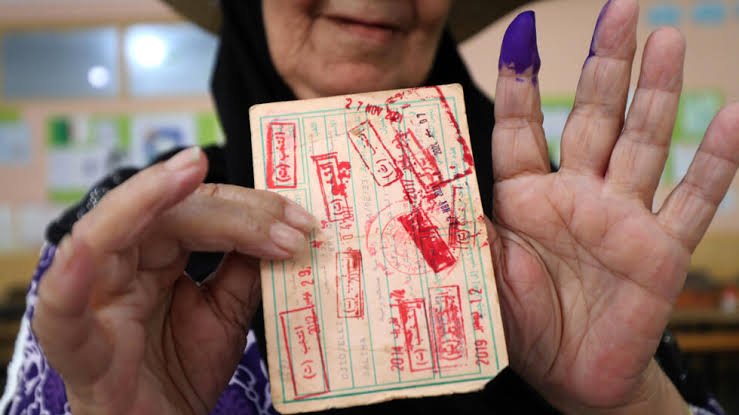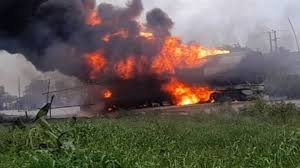In Algeria’s September 7, 2024 presidential election, provisional voter turnout reached 48.03%. Despite the low initial turnout, with many polling stations remaining mostly empty in the morning, voting hours were extended by an additional hour, and polls finally closed at 8 pm local time.
Hajj, one of the early voters in Algiers, expressed the importance of the election, stating, “This is about the future of our children and grandchildren. Many things depend on it—hospitals, universities, purchasing power, and the country’s stability. The president must have real popular support.”Three candidates are running in the election, with members of the government and opposition calling on citizens to vote. The last presidential election in 2019 saw a turnout of only 39.9%.
This year’s campaign, which took place during North Africa’s hot summer, has been marked by voter apathy.The Algerian electoral body, ANIE, has announced that provisional results will be available within 48 hours.
While candidates expressed satisfaction with the voting process, opposition leaders raised concerns about isolated incidents and have filed complaints with ANIE.Political unrest and dissatisfaction linger in Algeria, with activists and organizations like Amnesty International criticizing the authorities for prosecuting opposition members and media figures. Former Hirak leader Hakim Addad, who was barred from political participation three years ago, stated, “Algerians don’t care about this fake election. The political crisis will continue as long as the regime stays in power. The Hirak has made its position clear.”Twenty-six candidates initially filed paperwork to run, but only two were ultimately approved to challenge incumbent president Abdelmadjid Tebboune. Among them, Abdelali Hassani Cherif, leader of the Islamist Movement of Society for Peace, has appealed to the youth with the slogan “Opportunity!” Youcef Aouchiche, a former journalist with the Socialist Forces Front, has focused on human rights and political reform, calling for an end to the regime’s control and encouraging youth to stay in Algeria, rather than seek opportunities abroad.



